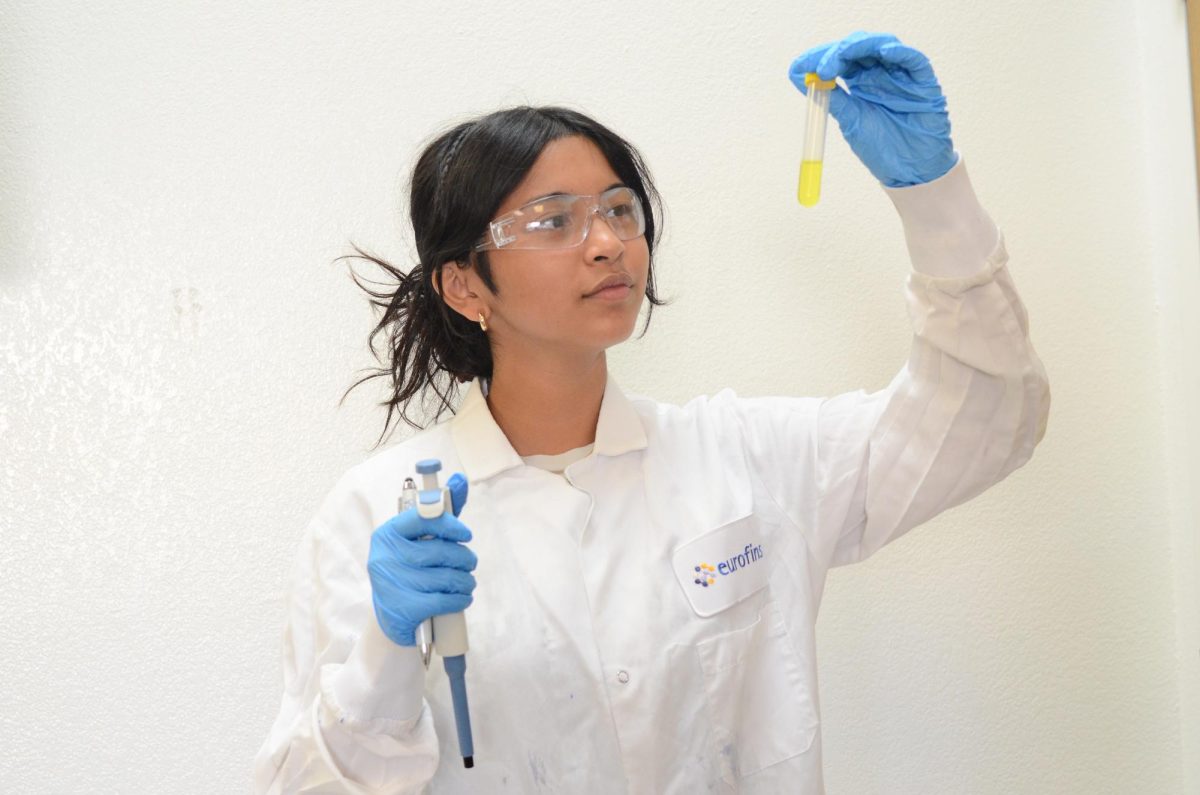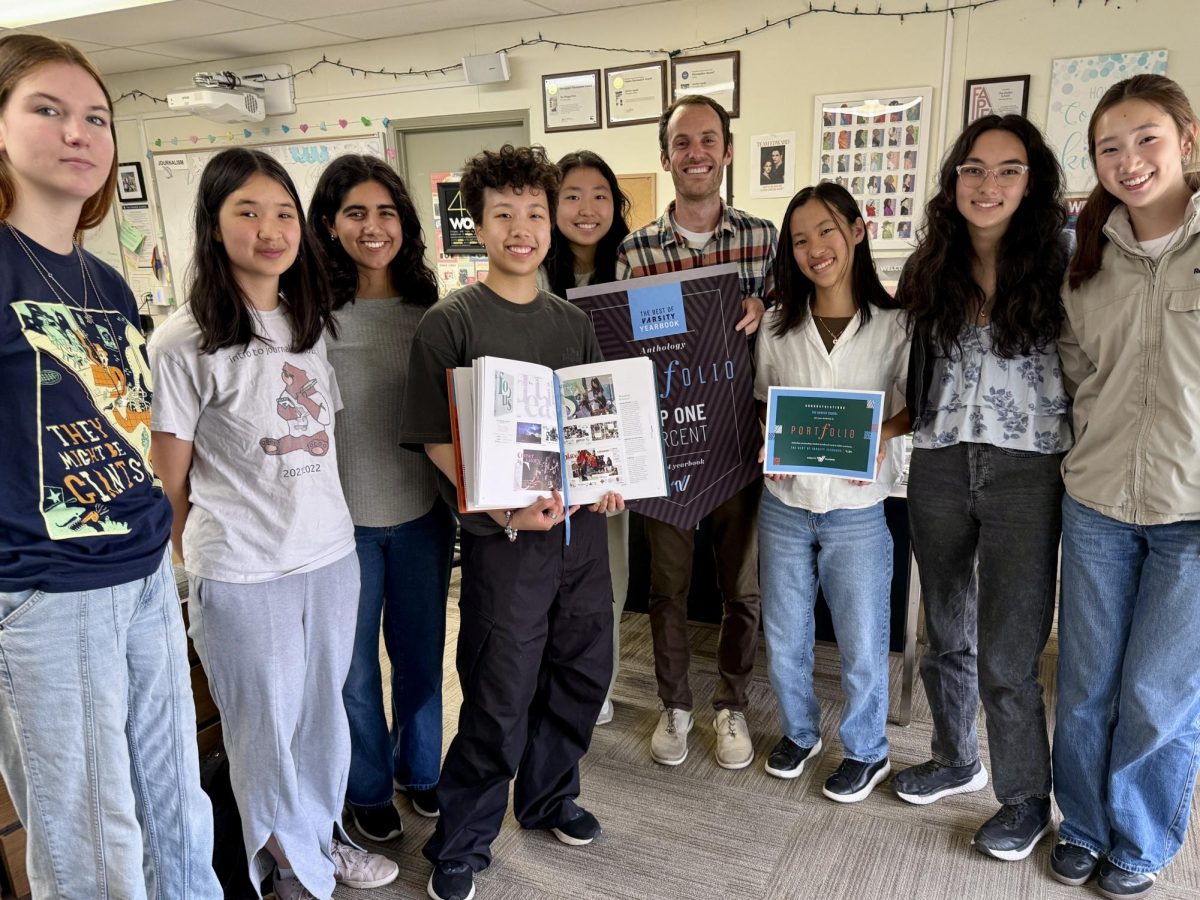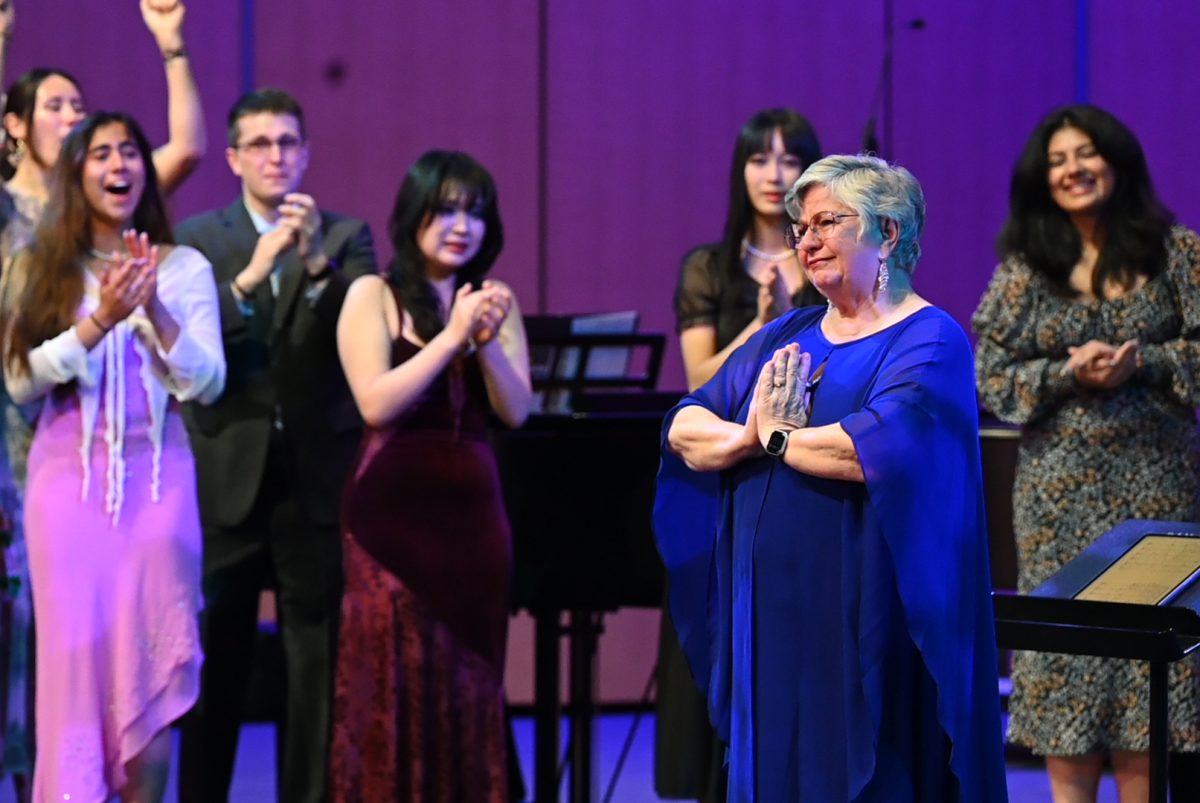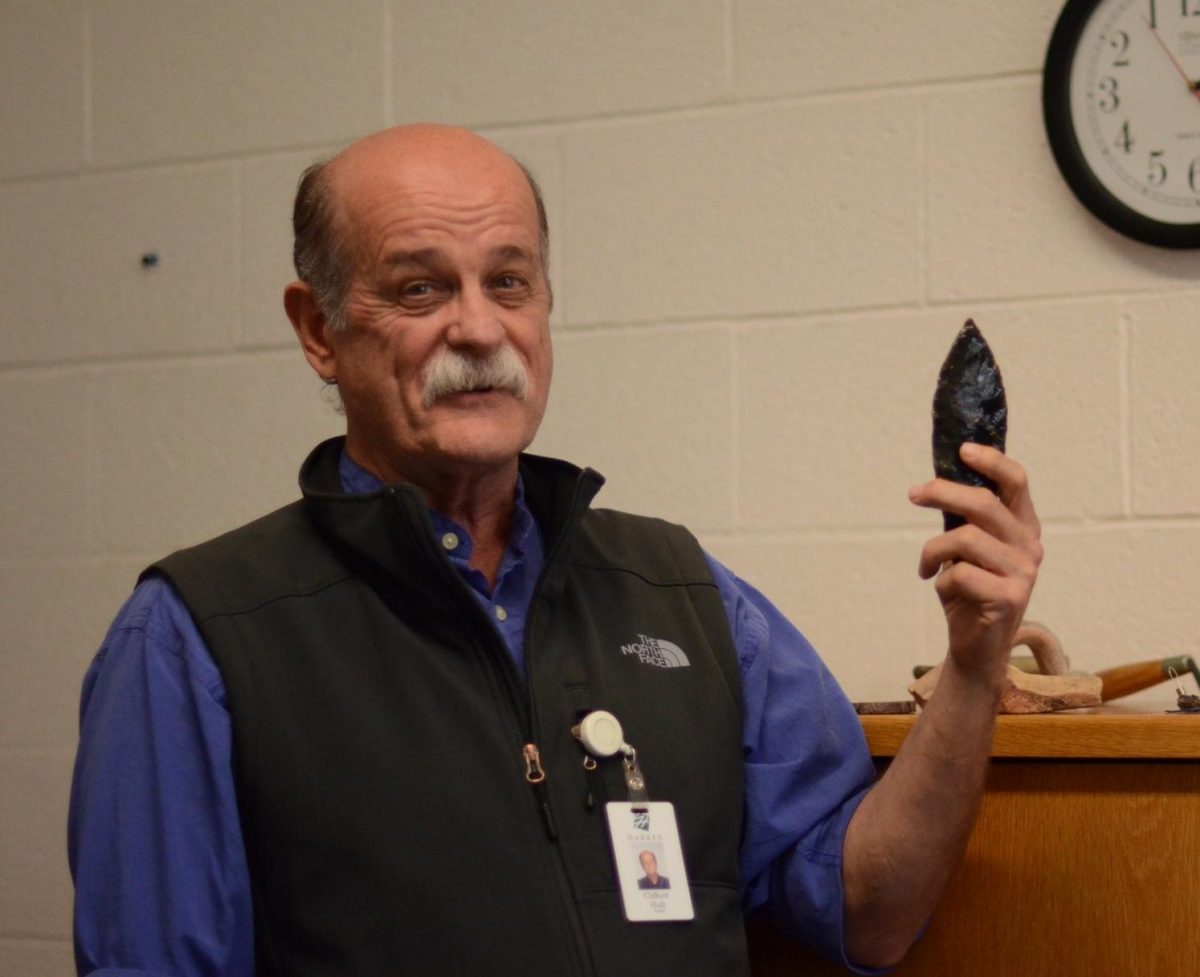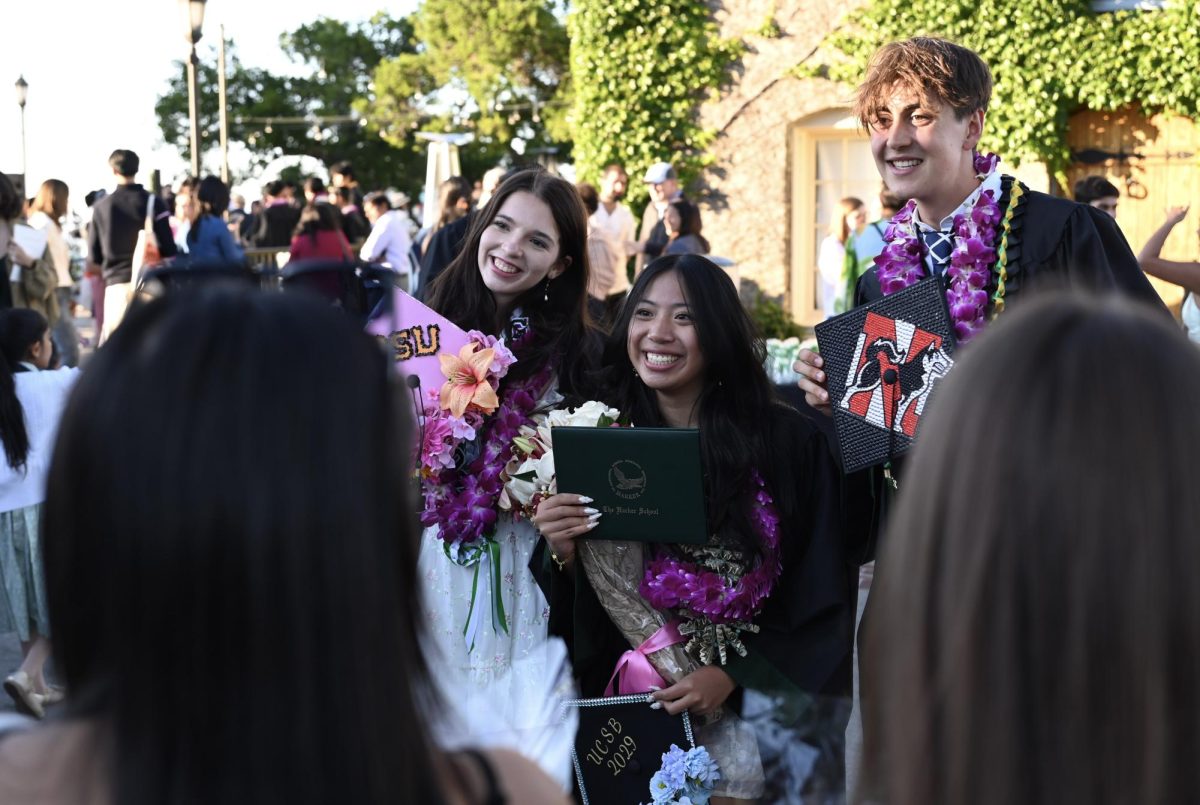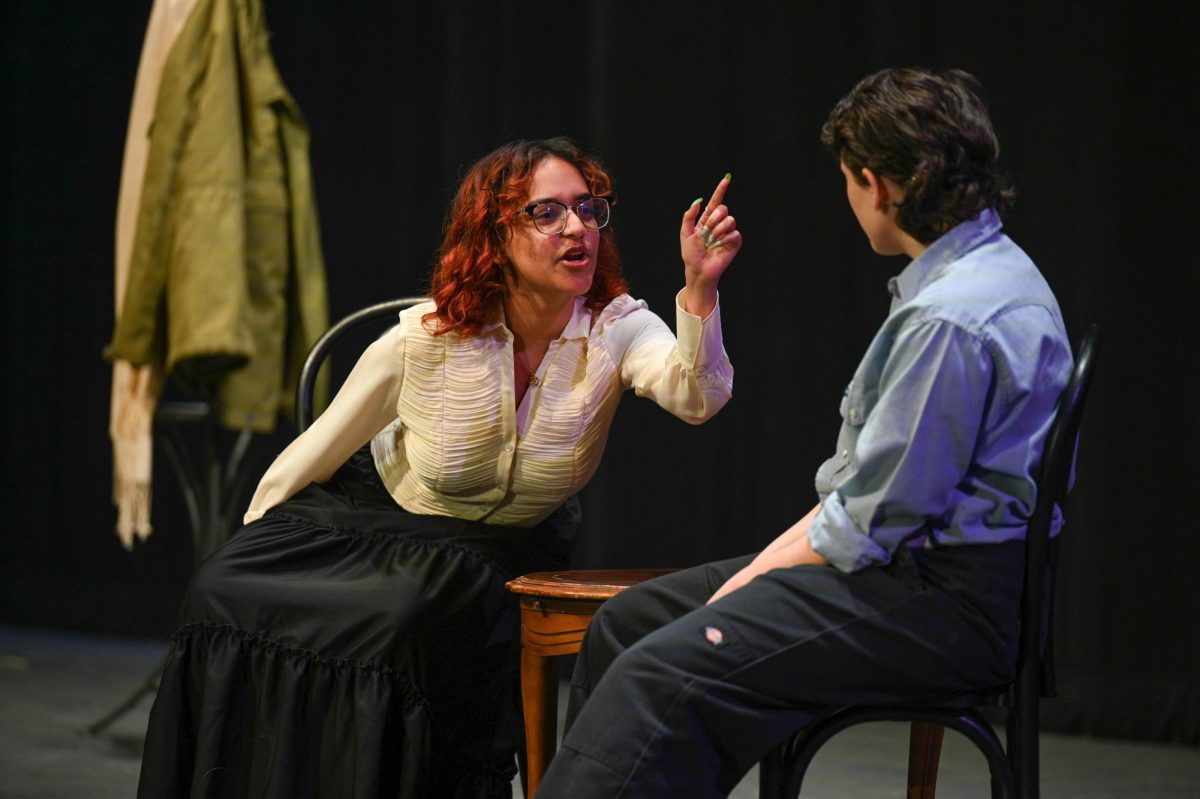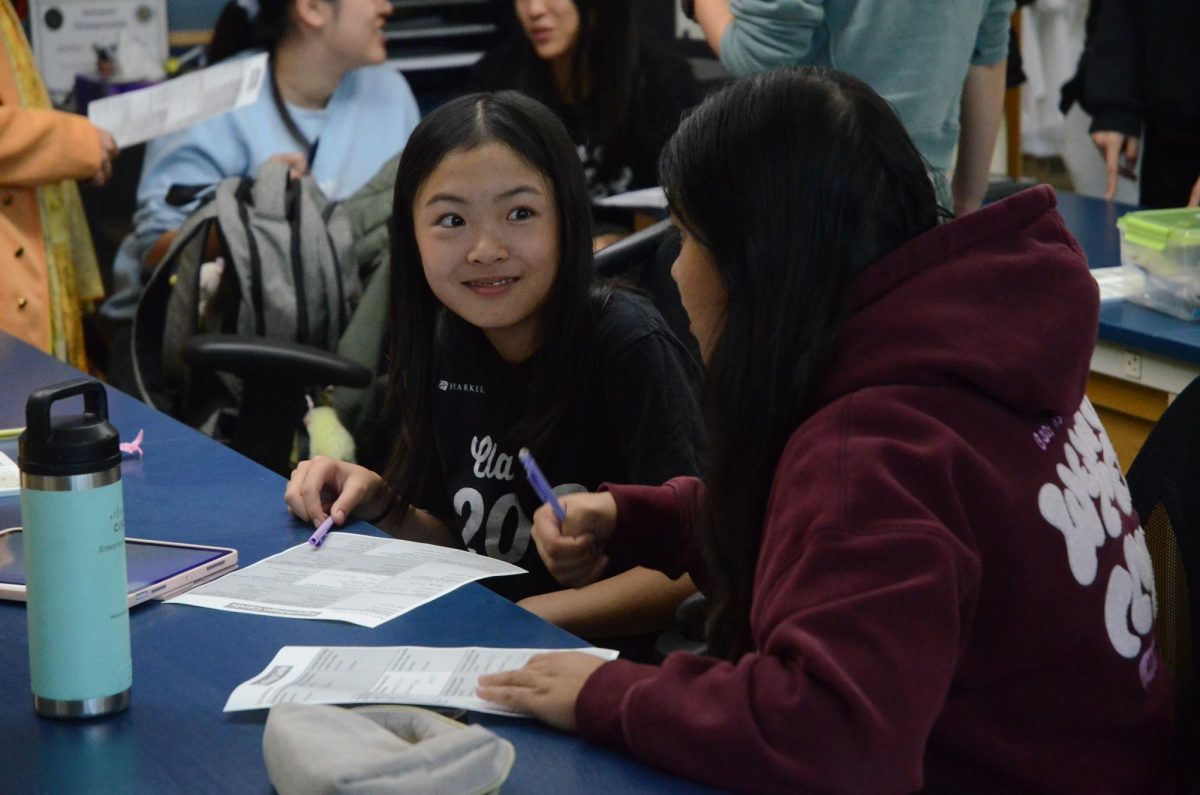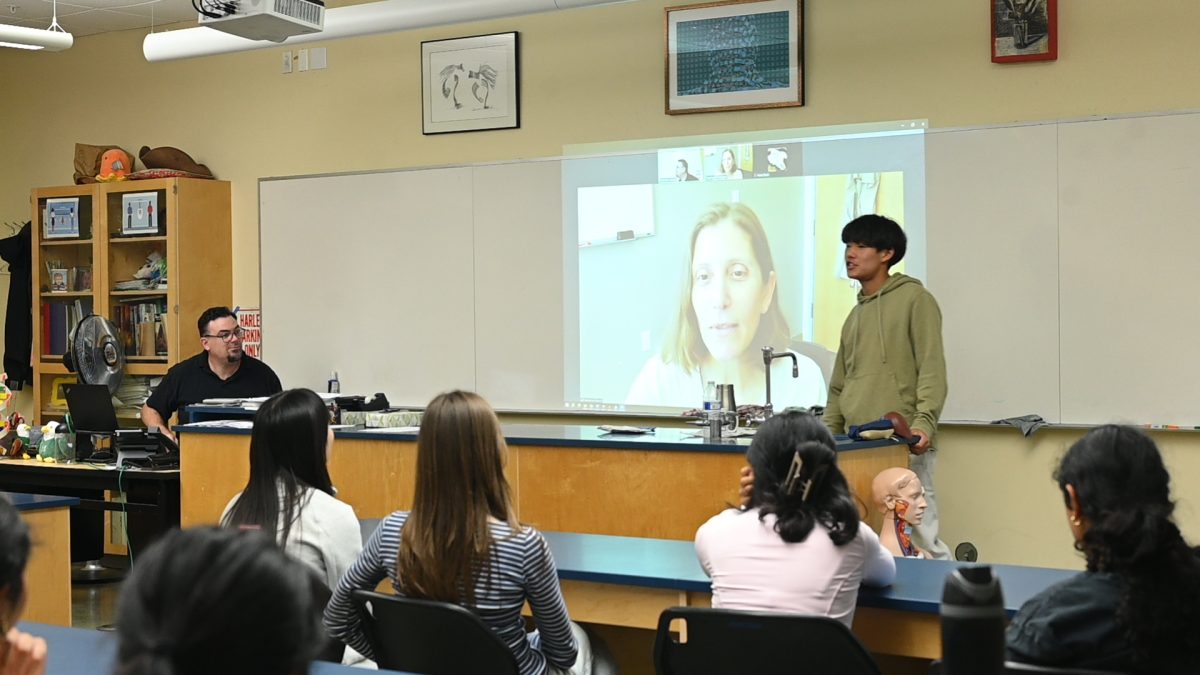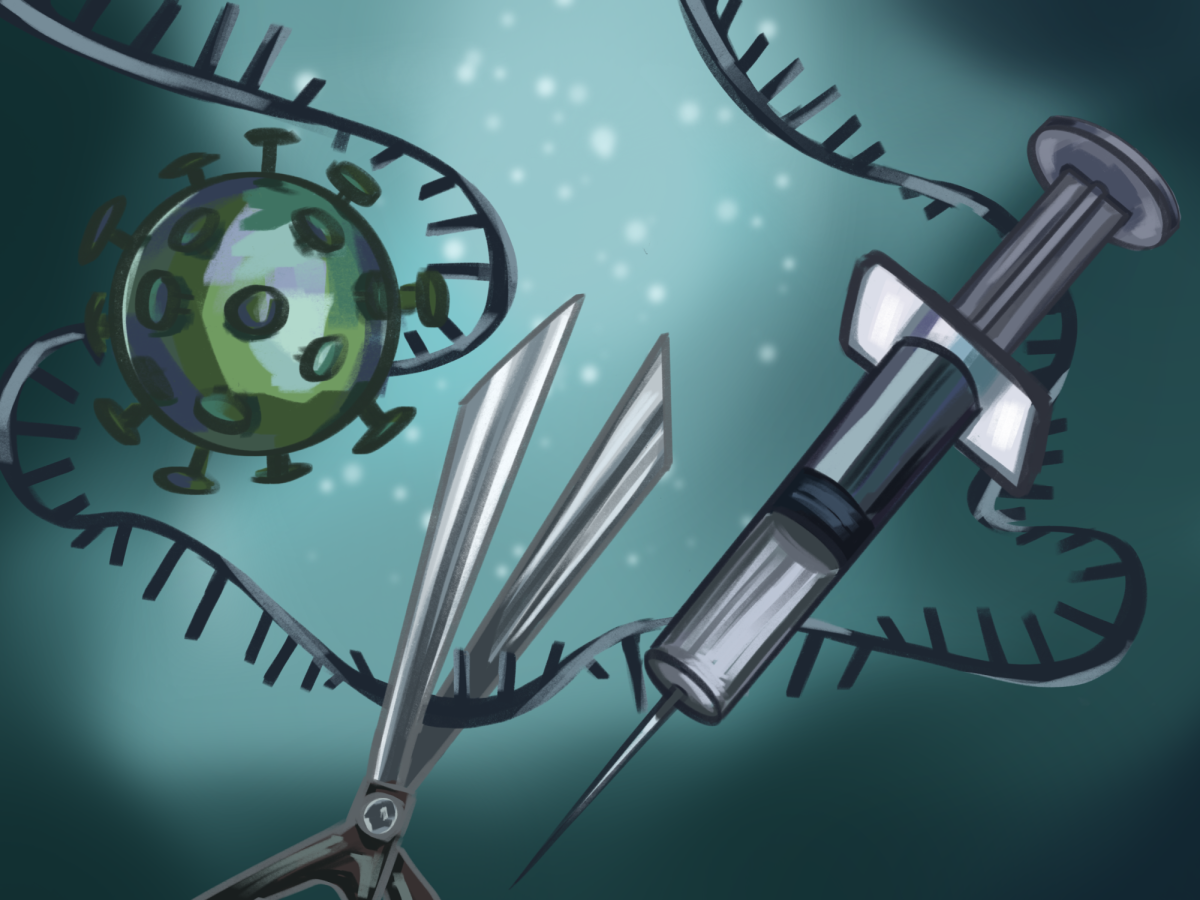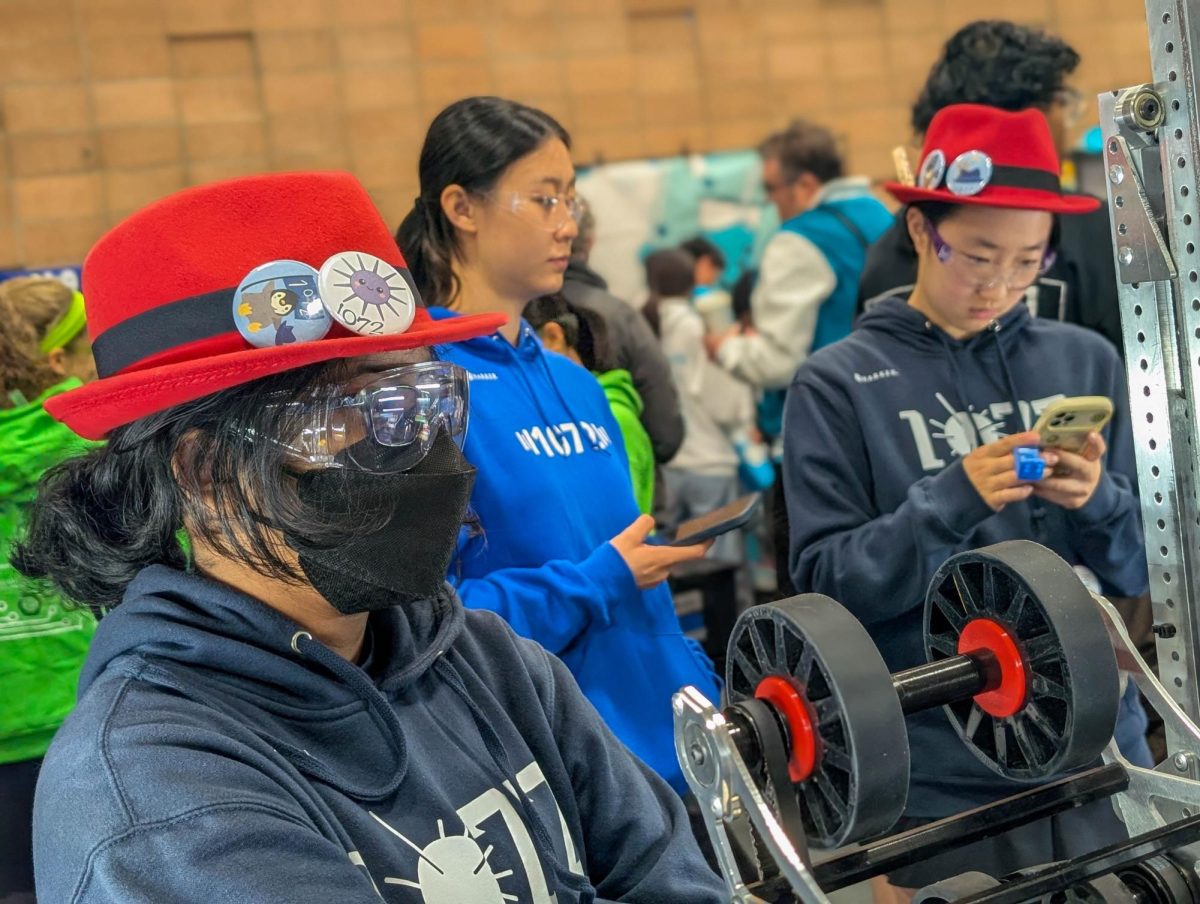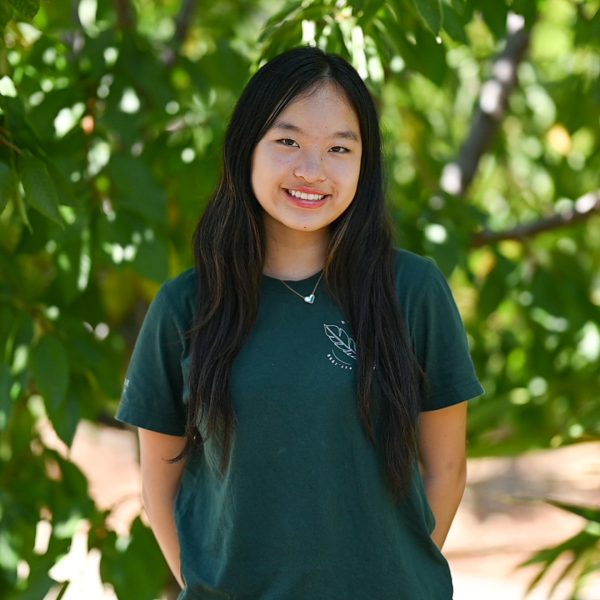Imagine stepping into a chemistry lab, feeling the snap of blue nitrile gloves around your fingers and draping a pristine white lab coat over your everyday clothes. At school, science is mostly about facts and formulas — but in the lab, it is about discovering the unknown.
Summer internships and research programs provide a gateway for high school students to gain invaluable hands-on lab experience. Often working under the mentorship of a professor, students can develop skills that are hard to learn on their own, like how to master advanced techniques and troubleshoot what went wrong in an experiment. The transition from the classroom to the lab environment can turn abstract, theoretical concepts into tangible experiments and observations.
Junior Misha Singla attended the Summer Research Academies (SRA) at the University of California, Santa Barbara this summer. She designed biosensors to quantify DNA and different cells with wet-lab research.
“I spent so much time in the lab learning lab skills like micropipetting and testing pH and how to use different machines,” Misha said. “It’s really surreal when you can experiment with real things in front of you compared to just reading about them.”
At professional labs, students use cutting-edge, specialized equipment in their research. These include advanced tools like flow cytometers for cell analysis, CRISPR technology for gene editing and high-performance liquid chromatography (HPLC) machines to separate components in chemical mixtures. Students can even work with animal models, whether that be simple organisms like fruit flies or more complex mammals like mice, to observe how disease or drugs affect living systems.
Sophomore Nisha Padhi attends the Aspiring Scholars Directed Research Program (ASDRP) and conducts novel organic chemistry research under the mentorship of Dr. Edward Njoo.
“I focus on small molecule synthesis for drug discovery,” Nisha said. “I have access to really cool technology that isn’t available at Harker, like [nuclear magnetic resonance] spectroscopy. It’s cool to have access to these types of things as a high school student and be able to conduct experiments on a daily basis.”
Working closely with professional researchers also exposes students to the collaborative nature of research. Unlike the individual research projects many students pursue at Harker, labs function on a model of collective thinking, often in large groups. At ASDRP, Nisha developed important skills like constant communication and teamwork.
“Being able to work in a lab with other people is really important to the research process,” Nisha said. “It enables you to easily share information and brainstorm ideas. In-person collaboration typically has a certain rhythm that can’t be replicated through other methods of communication.”
Students also face challenges and setbacks inherent in hands-on research, like failed experiments or inconclusive results. These experiences can help students sharpen their problem-solving skills, as real-world research often requires many trials and changes in methodology — an aspect that differs from the more straightforward experiments conducted at school science classes.
“With research, you’re going into the unknown and you’re like, ‘Oh my gosh, am I doing it right? Is it going ok?’” Advanced Research elective teacher Dr. Zane Moore said. “The most important thing research teaches you is how to be ok with uncertainty and not getting immediate feedback about if you’re doing the right thing — you’re learning [how] to feel safe in ambiguity.”
Engaging in lab research as a high school student goes beyond just learning technical skills, as students have the opportunity to make meaningful discoveries that impact the broader scientific community. Research is not confined to those with advanced degrees, but rather something that high schoolers can actively engage in, explore and shape.
“You don’t need to have a PhD to make knowledge,” Moore said. “Knowledge can be made at any point in time; you can do research at any age. [High schoolers] can actually contribute to knowledge in a significant way, and that’s super exciting and something I didn’t realize until midway through high school. It’s important for high schoolers to realize that [they] can do that.”


















![“[Building nerf blasters] became this outlet of creativity for me that hasn't been matched by anything else. The process [of] making a build complete to your desire is such a painstakingly difficult process, but I've had to learn from [the skills needed from] soldering to proper painting. There's so many different options for everything, if you think about it, it exists. The best part is [that] if it doesn't exist, you can build it yourself," Ishaan Parate said.](https://harkeraquila.com/wp-content/uploads/2022/08/DSC_8149-900x604.jpg)




![“When I came into high school, I was ready to be a follower. But DECA was a game changer for me. It helped me overcome my fear of public speaking, and it's played such a major role in who I've become today. To be able to successfully lead a chapter of 150 students, an officer team and be one of the upperclassmen I once really admired is something I'm [really] proud of,” Anvitha Tummala ('21) said.](https://harkeraquila.com/wp-content/uploads/2021/07/Screen-Shot-2021-07-25-at-9.50.05-AM-900x594.png)







![“I think getting up in the morning and having a sense of purpose [is exciting]. I think without a certain amount of drive, life is kind of obsolete and mundane, and I think having that every single day is what makes each day unique and kind of makes life exciting,” Neymika Jain (12) said.](https://harkeraquila.com/wp-content/uploads/2017/06/Screen-Shot-2017-06-03-at-4.54.16-PM.png)








![“My slogan is ‘slow feet, don’t eat, and I’m hungry.’ You need to run fast to get where you are–you aren't going to get those championships if you aren't fast,” Angel Cervantes (12) said. “I want to do well in school on my tests and in track and win championships for my team. I live by that, [and] I can do that anywhere: in the classroom or on the field.”](https://harkeraquila.com/wp-content/uploads/2018/06/DSC5146-900x601.jpg)
![“[Volleyball has] taught me how to fall correctly, and another thing it taught is that you don’t have to be the best at something to be good at it. If you just hit the ball in a smart way, then it still scores points and you’re good at it. You could be a background player and still make a much bigger impact on the team than you would think,” Anya Gert (’20) said.](https://harkeraquila.com/wp-content/uploads/2020/06/AnnaGert_JinTuan_HoHPhotoEdited-600x900.jpeg)

![“I'm not nearly there yet, but [my confidence has] definitely been getting better since I was pretty shy and timid coming into Harker my freshman year. I know that there's a lot of people that are really confident in what they do, and I really admire them. Everyone's so driven and that has really pushed me to kind of try to find my own place in high school and be more confident,” Alyssa Huang (’20) said.](https://harkeraquila.com/wp-content/uploads/2020/06/AlyssaHuang_EmilyChen_HoHPhoto-900x749.jpeg)



